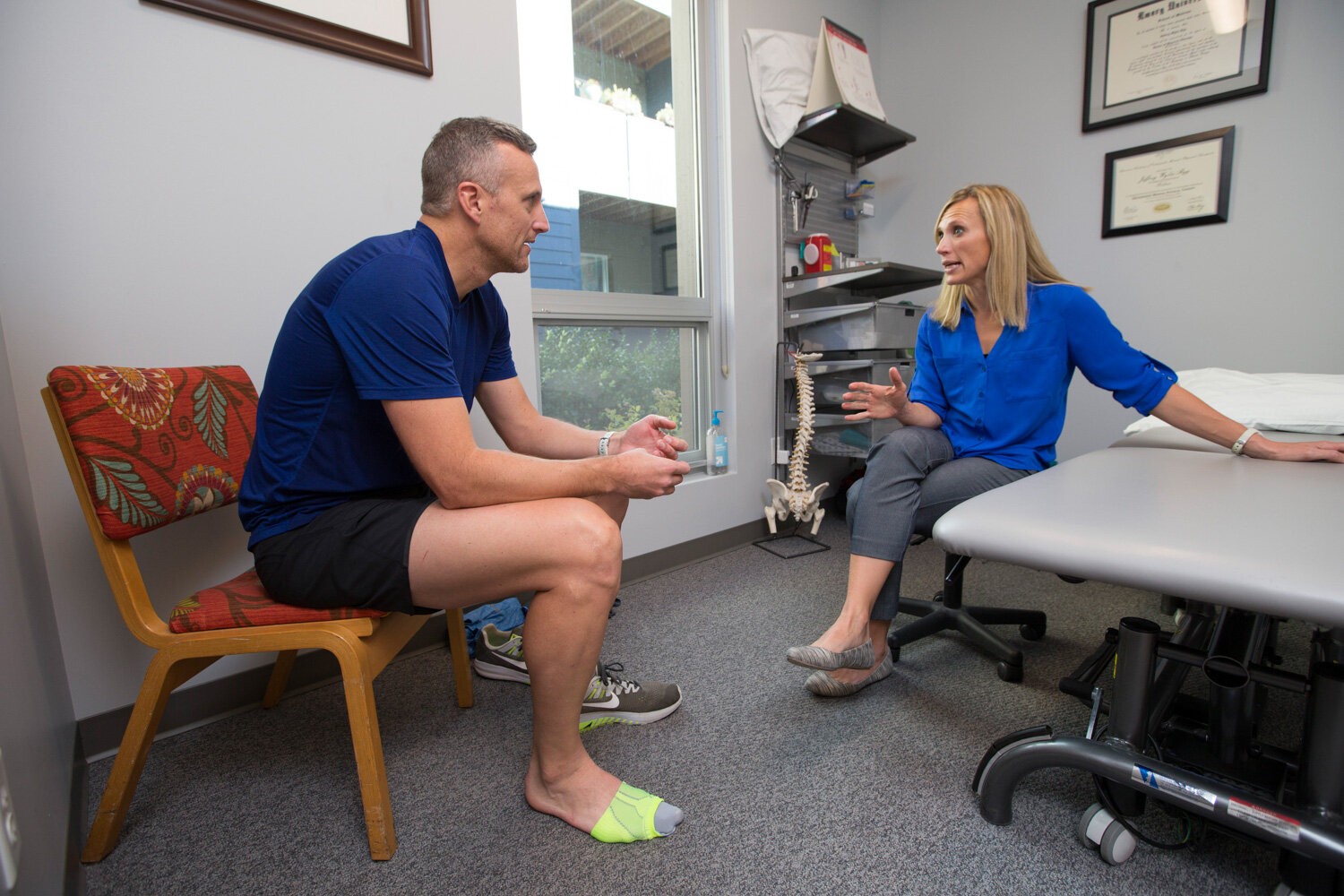An important shift has taken place in medicine away from the old paternalistic model of care toward the development of the therapeutic alliance. Patients are now encouraged to engage and interact with their medical providers in order to find an optimal path forward. The alliance aims to incorporate patient values and expectations, the best available medical evidence, and available resources to augment the treatment effects. Prior research has shown expert Physical Therapists create a collaborative, patient-centered environment focused on problem solving and treatment. Within this alliance a patient’s specific symptoms and goals can be more quickly and effectively addressed. It is no surprise research shows more optimal outcomes among clinicians utilizing this approach vs. the former paternalistic model of care. New research is also highlighting how a Physical Therapist’s personality may enhance outcomes in the clinic.
Kooijman and colleagues reviewed data from 2800 patient seen in Physical Therapy clinics for shoulder pain over a 3 year period (Physiotherapy. 2019). Authors also collected data on the personality traits of the treating Physical Therapist based on the big five inventory assessment. They were interested in finding the effect of personality on outcomes among patients with shoulder pain. Authors found a significant impact of personality on treatment outcomes with extraverted traits responsible for up to 12% of treatment outcomes. In addition, enthusiasm was also found to significant impact outcomes during treatment of these patients. Unfortunately, the patient’s personality traits were not assessed but future studies may indicate an optimal match of personality traits may even further improve treatment outcomes. This study highlights the importance of assessing psychological factors within in the patient and clinician to augment the effects of known, effective treatments.
Click here to schedule your next appointment with the experts at MEND

